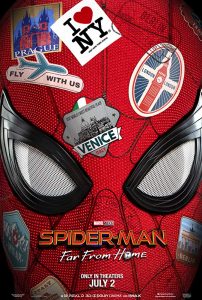 I saw the new Spider-Man movie over two weeks ago. You may consider primal scream therapy to be occurring during the paragraph break, because, seriously. I am consistently too busy when at work and too mentally drained when not at work to do almost anything thinky, and yet the further from the movie I get and the more other reactions I see, the harder the thinking part of a review becomes. It’s awesome[1].
I saw the new Spider-Man movie over two weeks ago. You may consider primal scream therapy to be occurring during the paragraph break, because, seriously. I am consistently too busy when at work and too mentally drained when not at work to do almost anything thinky, and yet the further from the movie I get and the more other reactions I see, the harder the thinking part of a review becomes. It’s awesome[1].
So here’s the thing about Peter Parker. My formative experiences with the character (as opposed to Spider-Man, who was a sufficiently popular Marvel character that I was always baseline culturally aware of him) were in the Ultimate Series, where he was the glue that held everything together. Naturally, therefore, a movie that is positioning him for the same role in the MCU, as a result of massive spoilers from Endgame, is going to be my bread and butter.
Things that remain to be said:
- Far from Home is a title with very little nuance that I can detect. It’s straight up, Peter goes on a class trip to Europe, where some things that he was hoping to avoid if he wanted to keep his identity a secret occur. It feels like it should have been deeper than that?
- This movie does not explore the social and cultural ramifications of another massive spoiler from Endgame. It handwavily acknowledges them, and then ignores them. Which is good! That could be a very dark movie, and if I want to watch grim comics[2], that’s what DC is mostly doing.
- What the movie does instead is team up Spider-Man and Nick Fury and a new guy (unless you’ve heard of him elsewhere) against giant elemental creatures who want to devour the world and then move on to other dimensions, just like they did before now. Which is kind of big for a friendly neighborhood Spider-Man, but least he has the best AI acronym that has ever happened (E.D.I.T.H., and if you have somehow not seen this movie and can figure out the acronym, I’ll buy you a beer) to help him along the way.
It was good. It almost had me tricked on one plot point, which was impressive (but I cannot explain how of course). Another plot point was handled pretty clumsily, to the point where I’m not sure what they were going for, and the most obvious explanation equals truly bad writing. But my point is not that it was great, even by MCU standards. It was good, and it was consistently fun, and that’s the right tone of movie to follow the end of their ten year grand experiment.
[1] On the (haha) bright side, I have managed to spread a Fables graphic novel out over this whole period, and am zero books behind. ….but seriously, send help. This is a nightmare.
[2] But man would I watch a grim Marvel TV show about it. Which is what I thought Agents of SHIELD would do, but no, they had to go and prove complete divergence from the movies instead. Which is dumb and bad and wrong, and the writers are dumb and bad and wrong (or Kevin Feige is for forcing it on them), and grr, argh.
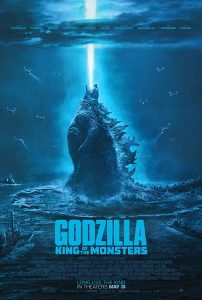 Thanks to punctuation, I don’t need to point out that this is distinct from the 1956 movie where Godzilla and his title are separated by a comma instead of a colon. I guess I did anyway, but these are the things I think about when searching IMDB for the correct link.
Thanks to punctuation, I don’t need to point out that this is distinct from the 1956 movie where Godzilla and his title are separated by a comma instead of a colon. I guess I did anyway, but these are the things I think about when searching IMDB for the correct link.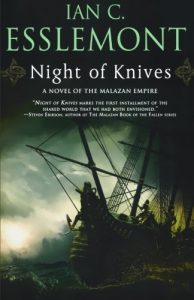 This is where the Malazan books get logistically weird. Because, see, Erikson had a fellow gamer partner back in the early ’80s or whenever they were building this world, which is ultimately my point, that the world builder behind the Malazan books is a they. And apparently the dividing line they have drawn is that Erikson writes about the Malazan Empire in decline[1], whereas Ian Esslemont writes about the Malazan Empire in ascension. Well, he does eventually. In a trilogy written later than this one.
This is where the Malazan books get logistically weird. Because, see, Erikson had a fellow gamer partner back in the early ’80s or whenever they were building this world, which is ultimately my point, that the world builder behind the Malazan books is a they. And apparently the dividing line they have drawn is that Erikson writes about the Malazan Empire in decline[1], whereas Ian Esslemont writes about the Malazan Empire in ascension. Well, he does eventually. In a trilogy written later than this one.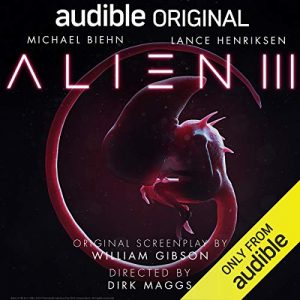 Meanwhile, another Audible dramatic presentation, because that’s a thing I do now? It’s not really my fault, both of these were monthly freebie giveaways, and I still haven’t finished the Malazan side book I’m reading, due mostly to the previously mentioned horror show that is my professional life. Although to be fair, I would have spent a hard-earned credit on this one.
Meanwhile, another Audible dramatic presentation, because that’s a thing I do now? It’s not really my fault, both of these were monthly freebie giveaways, and I still haven’t finished the Malazan side book I’m reading, due mostly to the previously mentioned horror show that is my professional life. Although to be fair, I would have spent a hard-earned credit on this one.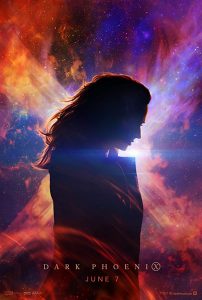 My job really is the worst right now, as I’ve learned over the past week of no longer having a co-worker. Because, obviously, the workload did not change to accomodate my new circumstance. Which is why, despite being seemingly the only person in the country who saw
My job really is the worst right now, as I’ve learned over the past week of no longer having a co-worker. Because, obviously, the workload did not change to accomodate my new circumstance. Which is why, despite being seemingly the only person in the country who saw  To be honest, I’m not even sure
To be honest, I’m not even sure 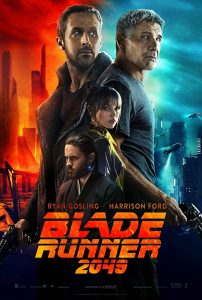 The other movie I’ve watched lately (because these are both like two weeks old, sigh) is
The other movie I’ve watched lately (because these are both like two weeks old, sigh) is 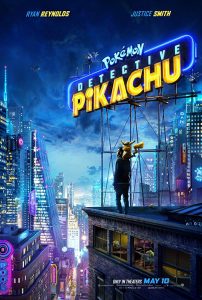 During the credits for
During the credits for 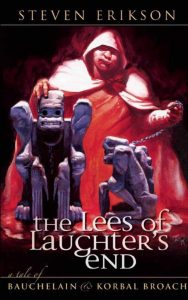 Well, this is incredibly annoying.
Well, this is incredibly annoying.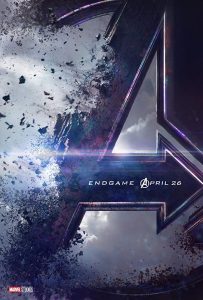 I went to see the fourth Avengers movie on Friday afternoon, right after work and thusly before it was feasible that my on-call duties this weekend would interfere. (As it turns out, it has been non-stop smooth sailing, but I had no way to guess that then.) Obviously I can’t talk about the movie, because, well, you know.
I went to see the fourth Avengers movie on Friday afternoon, right after work and thusly before it was feasible that my on-call duties this weekend would interfere. (As it turns out, it has been non-stop smooth sailing, but I had no way to guess that then.) Obviously I can’t talk about the movie, because, well, you know.